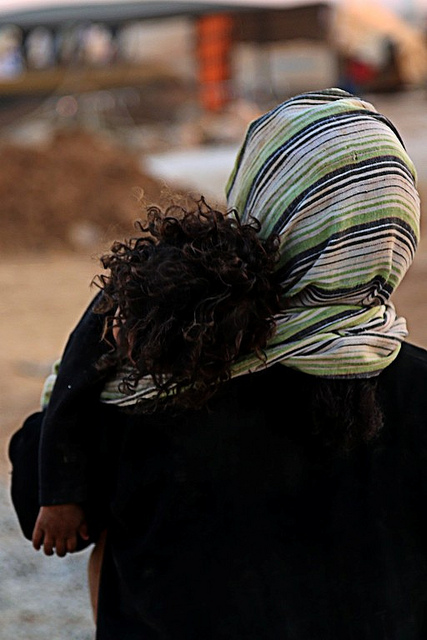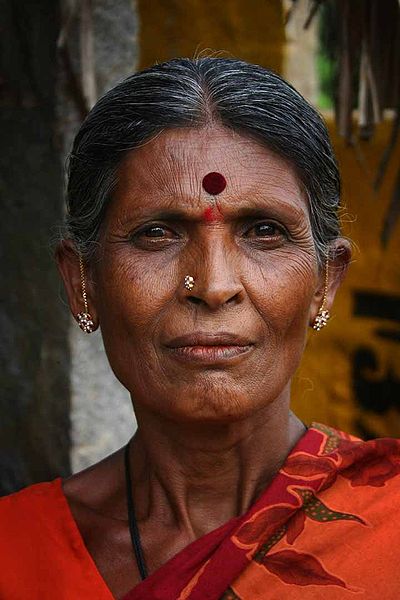The Dirty Little Secret of Abuse of Old People
/On Monday, June 15, nations around the world commemorated World Elder Abuse Awareness Day (WEEAD). Elder Abuse continues to be a significant issue in many societies as reports of mistreatment against older people is increasing.
The thought of harming an older person suggests severe dysfunction in the perpetrator, and with the plethora of local and international cases of abuse receiving public attention, governments are starting to create policies designed to institute safeguards against this type of abuse.
However, elder abuse cases remain, and with global recognition of the gravity and ubiquity of this crime, the healthcare establishment, in particular geriatric and psychology professionals have redoubled their efforts to analyze the root cause of this type of abuse while simultaneously working with law enforcement agencies and legislators to develop strategies to protect the rights of older people.
According to HelpAge International, an organization that “helps older people demand their rights, challenge discrimination and overcome poverty,” older people’s right to be free from violence is not protected under international law. This problem is especially prevalent in East Africa where much of HelpAge's work on elder abuse is focused on, and there are a significant number of cases.
One case involves a 67-year-old woman from Kenya who was abused by a relative, an attack that resulted in the death of her 90-year-old mother. The details of the attack are very disturbing as the woman narrated the incident:
“The man slashed me on my head and I immediately fainted. I still don't know what the reason was for that kind of brutality. I am very scared. I don't sleep well. When I hear any noise I am alarmed. In my dreams I see that person following me."
The unfortunate part is that her attacker was arrested but later released on bail. While the facts about bail are unknown, this calls into question the laws of protection in the region. Relatives are known to be one of the main perpetrators of elder abuse especially as the abuse by caregivers is a worldwide and complex issue. Stresses, caregiver burden, criminal history and substance abuse among other issues are risk factors that can lead to elder mistreatment, which in turn leads to poor health. Governments can improve their law enforcement agencies as well as the quality of life of caregivers and older people.
It is encouraging to know that governments will attend the Open-ended Working Group on Aging this July and support a United Nations (UN) convention to protect older people's rights. The purpose of the working group is to strengthen the protection of older people’s human rights around the world. Hopefully, this objective will achieve great strides as inadequate research into elder abuse makes the problem difficult to tackle. This is because elder abuse is largely a hidden problem.
According to Bridget Sleap, Senior Rights Policy Advisor at HelpAge International, “elder abuse is the least studied of the different types of violence in low-income countries as stated by the Global Status Report on Violence Prevention 2014”. This report, produced by the World Health Organization (WHO) and UN agencies, stated that of the 133 countries studied, two thirds do not have adult protective services to support older people.
Governments can do more to stop elder abuse and protect the rights of older people. It is vital that societies raise awareness, challenge and recognize that elder abuse and discrimination against older people are issues that deserve attention.
Contributing Journalist: @SophieSokolo






















 NEW YORK
NEW YORK












